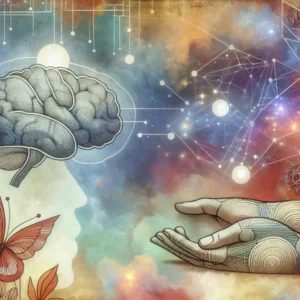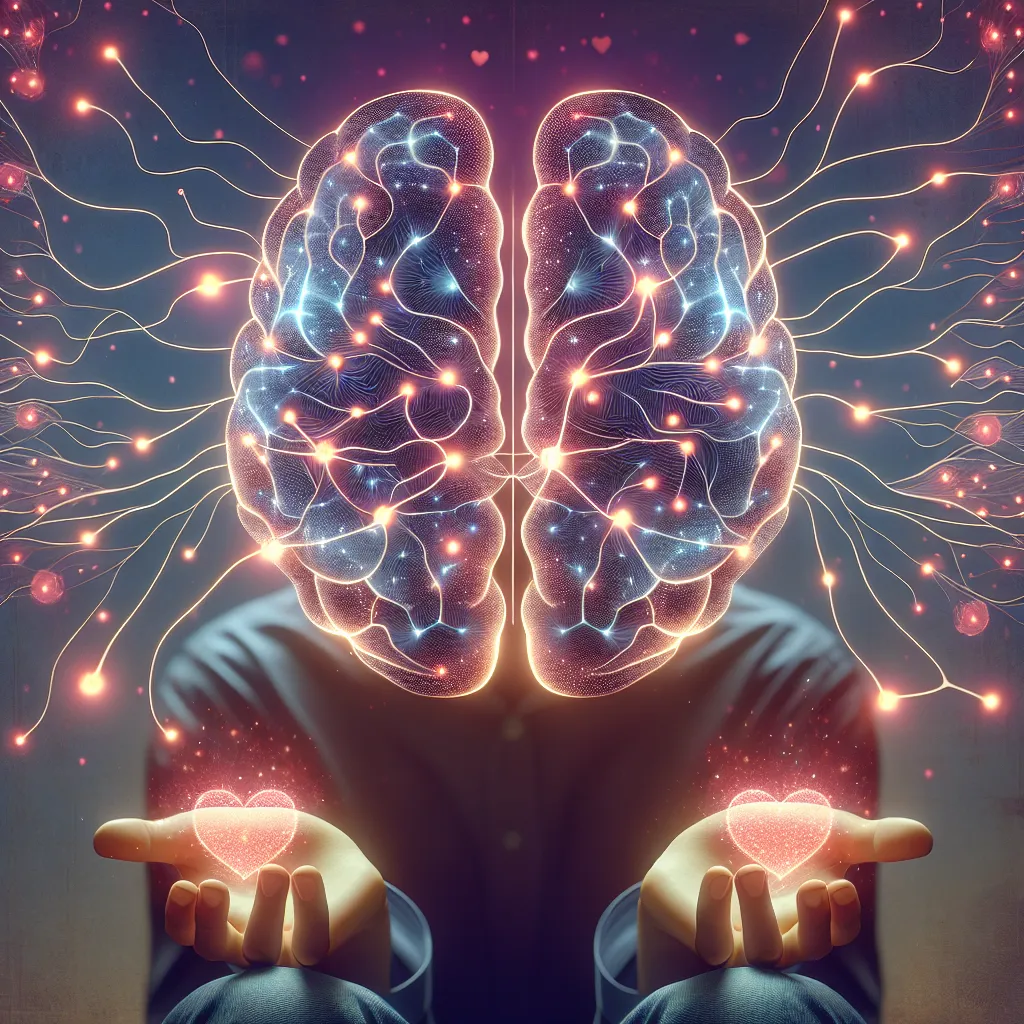Hello, relationship seekers!
Today, we’re diving deep into an important question about relationships: “Why does an ex frequently appear in dreams after a breakup, neurologically?”
The Direct Answer
Neurologically, the reason your ex frequently appears in your dreams following a breakup is due to the strong emotional memories associated with them. When we experience strong emotions, our brain’s amygdala and hippocampus work in tandem to imprint these emotions onto our memories. After a breakup, your brain is still processing the emotional fallout, and these emotions can be triggered during sleep, causing your ex to appear in your dreams.
Now, let’s explore the extensive evidence and details that support this answer:
1. The Neuroscience of Dreams and Emotions
Understanding the neuroscience of dreams and emotions is crucial to answering our question. Dreams are primarily a function of the brain’s limbic system, particularly the amygdala and hippocampus, which are responsible for emotions, learning, and memory.
A. The Role of the Amygdala and Hippocampus
The amygdala and hippocampus play crucial roles in how we process emotions and memories.
– Expert Perspectives: According to Dr. Joseph LeDoux, a leading neuroscientist, the amygdala is responsible for processing emotions and is especially responsive to emotional stimuli. Similarly, Professor James L. McGaugh of the University of California, Irvine, states the hippocampus is responsible for memory consolidation, particularly emotionally charged memories.
– Psychological Research: Research, such as the study by Cahill, Prins, Weber, and McGaugh (1994), has shown that emotional arousal following an experience enhances the memory of that experience.
– Real-World Examples: Consider a major life event like a wedding or a graduation. You are more likely to remember these events due to the strong emotions associated with them.
B. Dreams and Emotional Processing
Dreams are thought to be a part of our emotional processing mechanism.
– Historical Context: Freud believed that dreams were a reflection of our repressed desires and emotions. While not all of Freud’s theories hold up under modern scrutiny, the idea that dreams are connected to our emotional state is supported by modern neuroscience.
– Common Challenges: After a breakup, the challenge is managing the strong emotions associated with the end of a relationship. These emotions can often surface in dreams.
– Practical Applications: Understanding that dreams are a part of our emotional processing can help individuals cope with dreams about an ex. It is a normal part of the healing process.
C. The Emotional Intensity of Breakups
Breakups often involve intense emotions, which can lead to frequent dreams about an ex.
– Expert Perspectives: Dr. Helen Fisher, an anthropologist and expert on love, points out that the end of a romantic relationship can trigger intense emotions, including sadness, anger, and fear. These strong emotions can create vivid memories, which may appear in dreams.
– Psychological Research: A study by psychologist Dr. Gary Lewandowski found that individuals often experience a range of negative emotions following a breakup. This emotional turmoil can trigger dreams about the ex-partner.
– Real-World Examples: Most of us can recall a time when a breakup resulted in a period of emotional turmoil, often accompanied by dreams about the ex-partner.
2. The Role of Stress and Anxiety in Dreams
Stress and anxiety, common emotions following a breakup, can influence the content of our dreams.
A. The Influence of Stress and Anxiety on Dreams
Research has shown that stress and anxiety can influence the content of our dreams.
1. The Connection Between Stress and Dreams: Numerous studies, such as those by Cartwright, Agargun, and Fisher, have found that stress can influence the content of dreams, often making them more negative.
2. The Role of Anxiety in Dreams: Anxiety, a common emotion following a breakup, can also influence dream content. According to a study by Nielsen et al., high levels of anxiety can lead to more vivid and distressing dreams.
3. The Impact of Negative Emotions: Negative emotions, including stress and anxiety, can make dreams about an ex-partner more likely.
4. Real-World Examples: Consider a time when you experienced high levels of stress or anxiety. You may have noticed that your dreams became more negative during this time.
B. Coping with Stress and Anxiety After a Breakup
Managing stress and anxiety after a breakup can help reduce the frequency of dreams about an ex.
– Expert Perspectives: According to Dr. Guy Winch, a psychologist and author, finding healthy ways to cope with post-breakup stress and anxiety can help in the healing process and reduce the frequency of distressing dreams.
– Psychological Research: A study by Taku et al. found that individuals who engaged in positive reframing, acceptance, and humor experienced less distress following a breakup.
C. Practical Strategies for Managing Stress and Anxiety
Practical strategies for managing stress and anxiety can include regular exercise, maintaining a healthy diet, engaging in hobbies, and seeking support from friends, family, or a mental health professional.
3. The Role of Unresolved Feelings in Dreams
Unresolved feelings following a breakup can also contribute to dreams about an ex.
A. Processing Unresolved Feelings Through Dreams
Dreams can help us process unresolved feelings after a breakup.
– Expert Perspectives: Dr. Rubin Naiman, a clinical psychologist specializing in integrative sleep and dream medicine, suggests that dreams can help us process unresolved feelings and emotions.
– Psychological Research: A study by Malinowski and Horton found that dreaming can help in the emotional recovery process following a traumatic event, such as a breakup.
– Practical Advice: If you’re struggling with unresolved feelings after a breakup, consider seeking help from a professional. A therapist or counselor can provide strategies to help you process your emotions healthily.
B. The Impact of Unresolved Feelings on Dreams
Unresolved feelings can make dreams about an ex more likely.
– Expert Opinions: According to Dr. Dylan Selterman, a psychologist and dream researcher, unresolved feelings can often surface in dreams. This can explain why an ex might frequently appear in your dreams following a breakup.
C. Practical Strategies for Resolving Unresolved Feelings
Practical strategies for resolving unresolved feelings can include journaling, meditation, and therapy. These strategies can help you process your feelings and move forward after a breakup.
4. Additional Context and Considerations
While dreams about an ex can be distressing, it’s important to remember that they are a normal part of the healing process.
Conclusion: The Definitive Answer
Based on all the evidence we’ve examined:
– The Role of Emotionally Charged Memories: The strong emotional memories associated with your ex can cause them to appear in your dreams.
– The Influence of Stress and Anxiety: High levels of stress and anxiety following a breakup can lead to more negative and distressing dreams.
– The Impact of Unresolved Feelings: Unresolved feelings can also cause your ex to appear in your dreams.
In conclusion, your ex frequently appears in your dreams after a breakup due to the emotional memories associated with them, the stress and anxiety you’re experiencing, and any unresolved feelings you might have. This is a normal part of the healing process. Remember, it’s important to take care of your emotional health during this time. Seek support from friends, family, or a mental health professional if needed.



